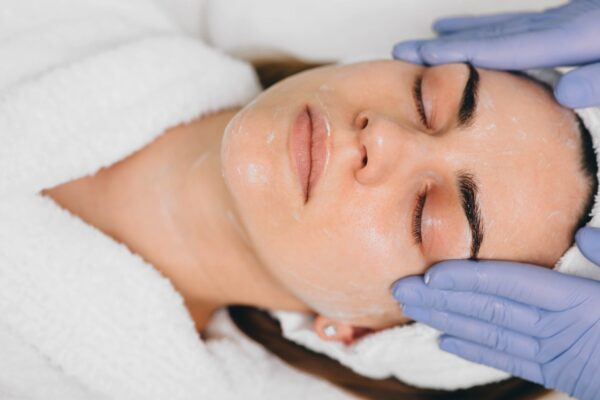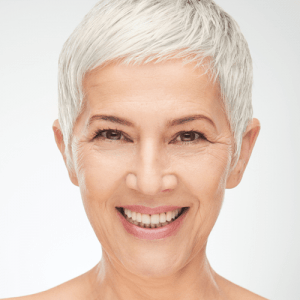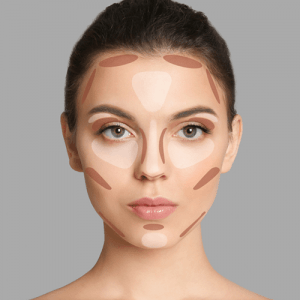Chemical Peels
Atlanta, Georgia
 There are many different environmental and internal factors that can affect skin health and beauty. While our skin is an extremely resilient and adaptable organ, it cannot cope with all of the stress we put it through on a daily basis. Sometimes, it is just best to start fresh.
There are many different environmental and internal factors that can affect skin health and beauty. While our skin is an extremely resilient and adaptable organ, it cannot cope with all of the stress we put it through on a daily basis. Sometimes, it is just best to start fresh.
There are several different minimally invasive skin treatments available, but chemical peels for the face are one of the most versatile procedures for improving a wide range of the skin’s aesthetic and health issues.
Chemical peels use a precise mix of compounds to carefully destroy and remove superficial layers of skin that are damaged by aging, sun damage, skin conditions, the environment, smoking, and genetics. Once the procedure is complete, old skin will gradually flake and “peel” off to reveal a fresh, new, and more youthful skin tone.
Facial peels can be used to improve problems such as:
- Dull skin
- Rough complexion
- Discoloration
- Sun damage
- Fine lines and wrinkles
- Acne scars
There are many different formulas of gentle facial peels available, ranging from mild skin refreshers to more in-depth formulas that provide greater rejuvenation and anti-aging results.
We offer the following types of facial peels to suit a wide range of patient needs:
- Salicylic and Lactic Acid Peels
- SkinMedica Illuminize Peel
- SkinMedica Vitalize Peel
- SkinMedica Rejuvenize Peel
- Glycolic Peels
- ZO® Three Step Peel
- Modified Jessner’s Peel
Though most peels are designed for use on the face, we do offer body peels at our office, as well. Body peels are excellent for people with more extensive sun damage that extends beyond the face. Areas that can be treated include the chest, back, and arms.
Frequently Asked Questions About Chemical Peels

Dr. Vincent Zubowicz is one of the Atlanta areas top plastic and reconstructive surgeons. He is an expert in cosmetic surgery, with years of experience performing many plastic surgery procedures. He offers a personal, customized approach and is dedicated to helping patients achieve the most natural looking results.
Call our office at 470-462-2917 to schedule your consultation with Dr. Vincent Zubowicz.





